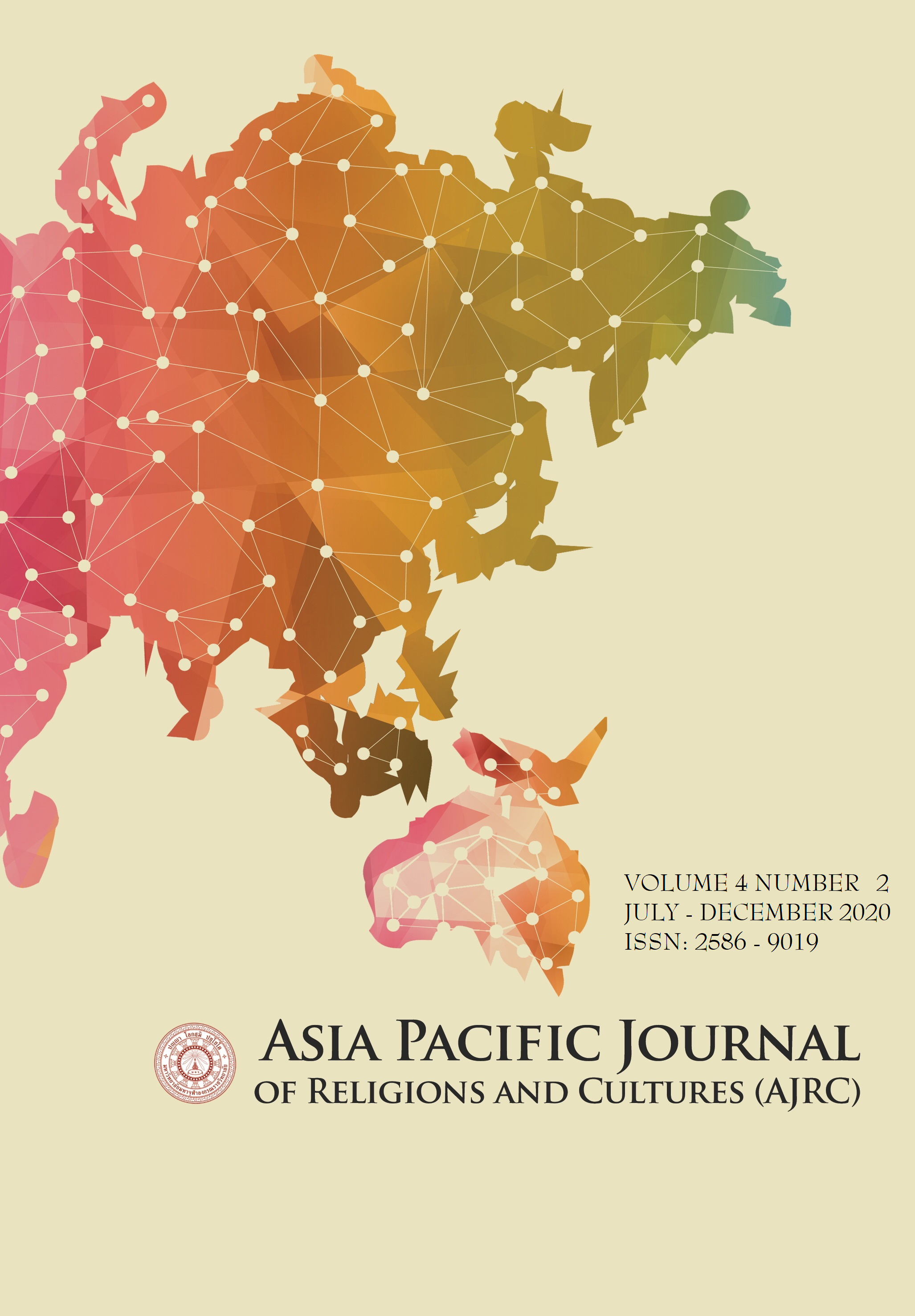Mentoring and Socializing to Develop Gen Y and Gen Z Employees to Enhance Thailand’s Competitiveness
Main Article Content
Abstract
The objectives of this research are: 1) to increase the competitiveness of Thailand in the global arena, 2) to find means to cultivate the right social values among cohorts of Gen V and Gen Z, 3) to employ mentoring and socializing to improve quality of human capital of Thailand, and 4) to identify factors that will develop Gen Y and Gen Z employees to be human resources with high quality. The method employed is in-depth interviews with key informants. The findings reveal that there are four important factors affecting young generations’ quality; they are 1) parents, 2) education, 3) social environments, and 4) mass communication. The four factors fail to develop Gen Y and Gen Z cohorts to be quality human capital; therefore, mentoring and socializing should be used to compensate for the failure. The authors propose a paradigm, entitled “SMART GEN” to develop Gen Y and Gen Z cohorts to become quality human resources that will enhance Thailand’s competitiveness. S stands for Sense of excellence, Sense of Contribution, and Social idiosyncrasy. M stands for Mindset, Mentality, and Multitasker, A stands for Attitudes, Achievement, and Adjustment. R stands for Respect, Relations, and Result-oriented. T stands for Teamwork, Trust, and Technology savvy. G stands for Gregarious, Governance, and Goal-oriented. E stands for Energy, Education, and Experience. N stands for Network, Negotiation, and Nationalism.
Article Details
References
(First Publication: 4 October 2011).
Bhavna Sharma1 , Dr. Ratinder kaur2, (2017) Socialization Agents of Generation X
and Generation Y Journal Of Humanities And Social Science (IOSR-JHSS)
Volume 22, Issue 11, Ver. 4.
Brant and Castro., (2019). You can't ignore millennials: Needed changes and a new way
forward in entitlement research. First published:18 September 2019
https://doi.org/10.1111/1748-8583.12262.
Bolton, Hoefnagels, Migchels, Kabadayi, Gruber, Loureiro, and Solnet, ( 2014.)
Understanding Generation Y and their use of social media: a review and research
agenda. Journal Contribution posted.
Izzo, J. (2002). Values Shift: The New Work Ethic and what it Means for Business.
Toronto:Prentice Hall Canada.
June Edmunds,Bryan S.Turner.(2005) Global generations:social changein the twentieth
century. The British Jourmal of Sociology Volume 56 Issue 4
Justin Meier, Mitchell Crocker.(2010), Generation Y in the Workforce: Managerial Challenges
The Journal of human Resource and adult Learning Vol.6 Num. I June.
Karen k.Myers,Kamyab Sadaghiam (2010) Millennials in the Workplace: A Communication
Perspective on Millennials’ Organizational Relationships and Performance
J Bus Psychol. 2010 Jun; 25(2): 225–238. Published online 2010 Mar
5. doi: 10.1007/s10869-010-9172-7
Kram, K. E. (1985). Mentoring at work: Developmental relationships in organizational life.
Glenview, IL: Scott Foresman.
Luigi Proserpio Dennis A. Gioia's.(2007). Teaching the Virtual Generation. Published Online:
30 Nov, https://doi.org/10.5465/amle.2007.24401703.
Martin, C. (2005) ‘From High Maintenance to High Productivity: What Managers
Need to Know about Generation Y’, Industrial and Commercial Training, 37(1): 39-44.
Matthew G. Rhodes .(2009). Age estimation of faces: a review First published:27 February
2008 https://doi.org/10.1002/acp.1442 Volume23, Issue1 January 2009 Pages 1-12
Miller, Kim S., Forehand, Rex, Kotchick, Beth A. (1999). Adolescent Sexual Behavior in Two
Ethnic Minority Samples: The Role of Family Variables. Journal of Marriage and
Family, 61(1): 85 - 98.
Michael Wilson,Leslie E.Gerber. (2007). How Generational Theory Can Improve Teaching:
Strategies for Working with the "Millennials" ESSAYS November, currents in Pharmacy
Teaching and Learning 1(1)
Naim, and Lenka., (2016). Mentoring as an HR Intervention To Engage Gen y Employees
Volume 2 Issue 1, pp.1697-1715 Year of Publication:
Thompson, C., & Gregory, J. B. (2012). Managing Millennials: A framework for improving
attraction, motivation, and retention. The Psychologist-Manager Journal, 15(4), 237–
246. https://doi.org/10.1080/10887156.2012.730444


